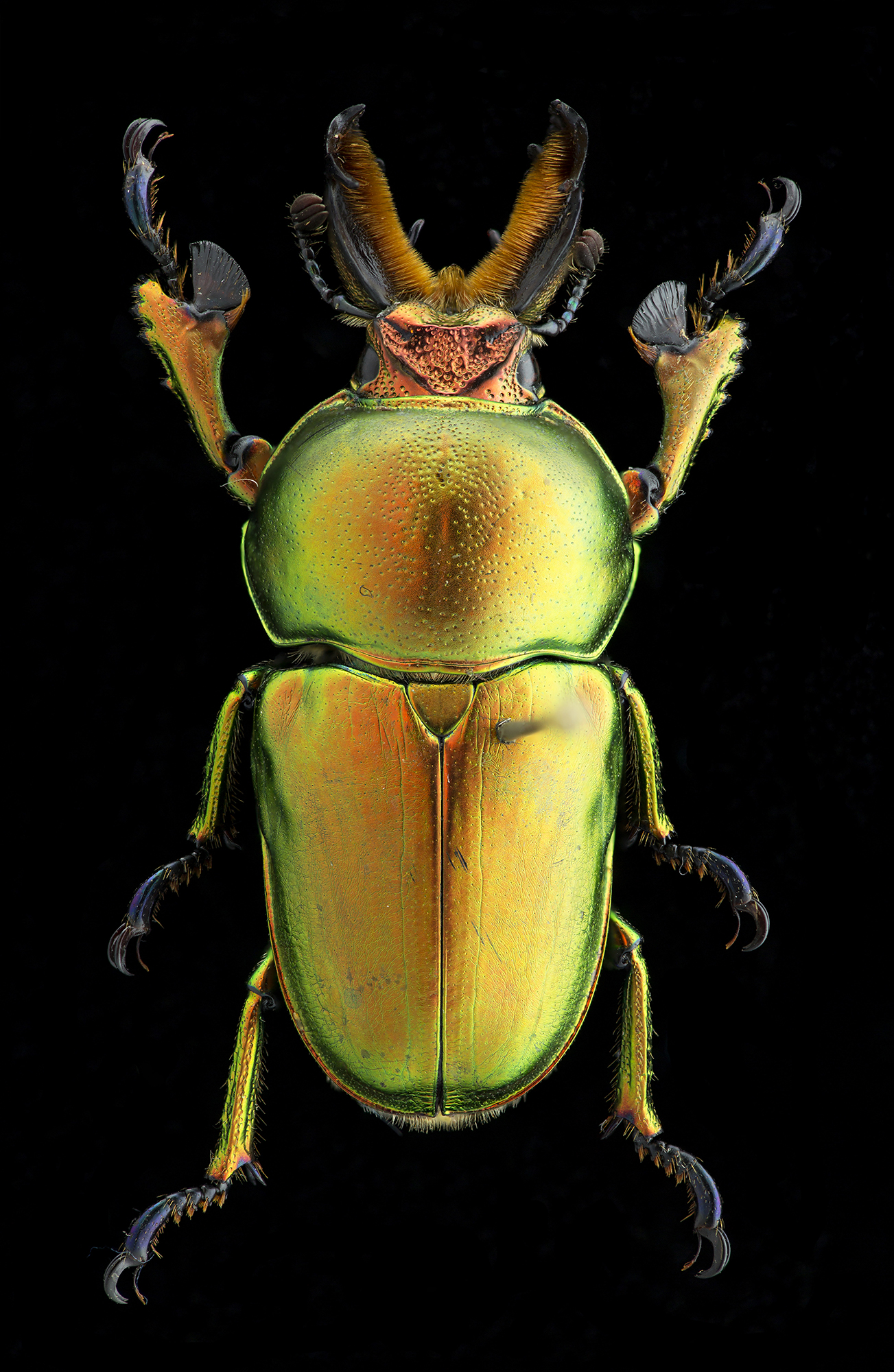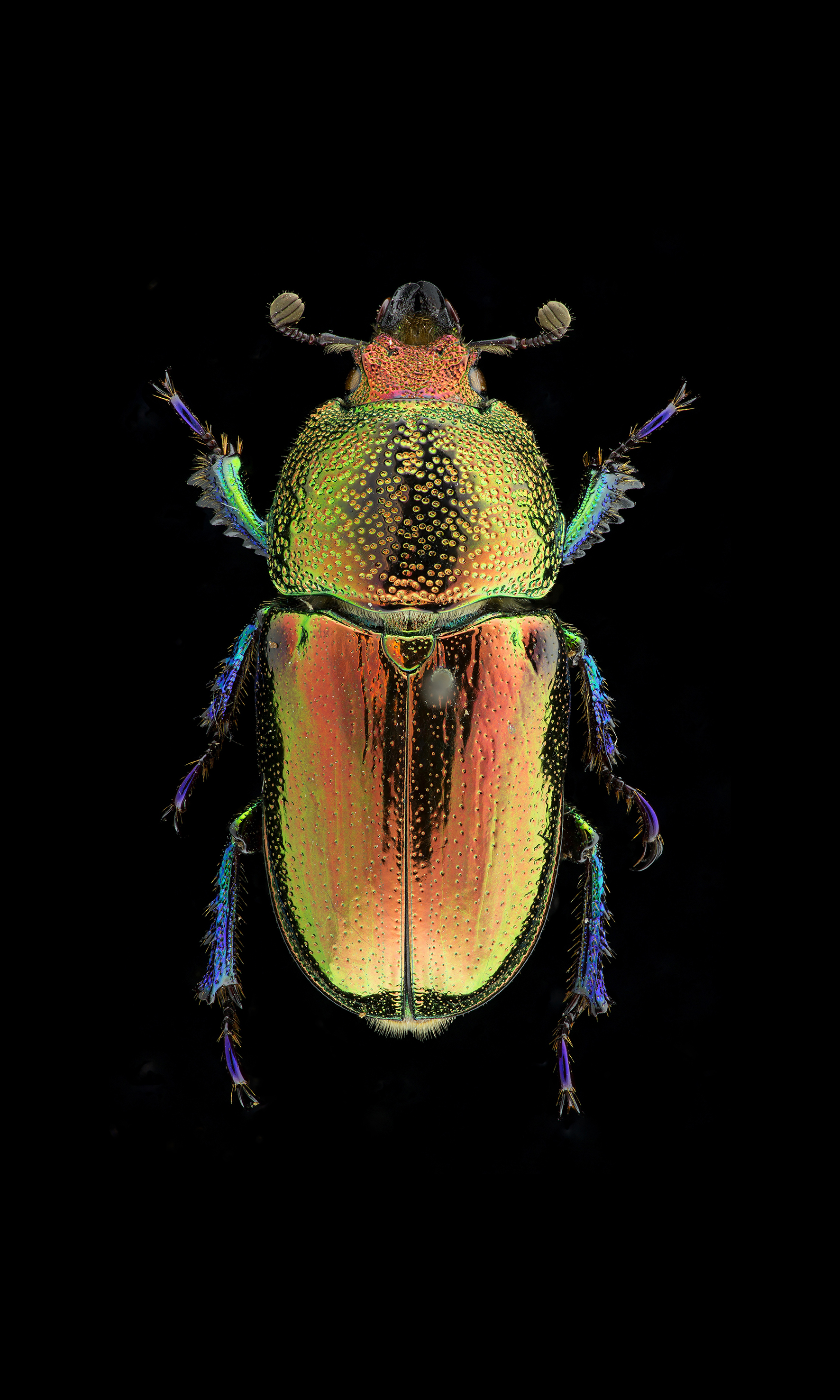
Collection and Diagnostic Services
Collection and Diagnostic Services
Specimen loans
Request for loans of material can be made either through the general inquiries email or by contacting the curator of the specific collection (see Contact Us).
For more information on loan conditions, please visit Loaning material from our Collections.
Accessioning a specimen
- Download the handout (PDF, 757.2 KB)
- Herbarium accessioning form (PDF, 209.75 KB)
- Collection data in spreadsheet format is also accepted - email to biosecurity.collections@dpi.nsw.gov.au prior to sending specimens.
Accessioning a specimen with the Biosecurity Collections is free of charge, however, that specimen and it's associated data will be made publicly accessible (except in trade sensitive circumstances).
This service is for specimens that are identified, to some degree (e.g. family, genus, species or common name), and either need to be accessioned with a recognised collection for publication (vouchering) or because you are contributing to our pest and disease, and biodiversity, records for NSW.
The biosecurity collections voucher specimens (species, biotype or strain) of invertebrate pests and pathogens injurious to plant health, unprocessed plant products and plant beneficial organisms. These include:
- insects, mites, fungi, bacteria, viruses, viroids, oomycetes and other stramenopiles, nematodes
We also accept diseases of insects, diseases of fungi, environmental pests (e.g. ants, termites), non-pathogenic organisms associated with plants (e.g. bees, pollinating beetles, fungal endophytes) and fruiting bodies of macro-fungi.
Specimens may be an individual, item or part and may be preserved, a live culture or DNA. Established, pre-existing, historic and orphaned collections are also welcomed. Researchers are especially encouraged to consider submission of entire collections, or duplicates.
A specimen for vouchering can be a new species to science, new species records for NSW or Australia, new host/range extension records, samples generated during research, surveillance or diagnostic activities (including quarantine interceptions) or any sample that will enhance the collections.
The Biosecurity Collections Curators retain final decision on the suitability of a specimen. If lodged in the collection, a voucher number will be provided.
Procedures
- Contact the appropriate collections manager (see contacts section) to discuss the specimen and how it should be handled/collected, packaged and dispatched.
- Specimens should be supplied with:
- Collection location and date.
- Collector details or contact details of submitter.
- If possible, identification of pest or disease to species level or otherwise family, genus or common name at a minimum. Sufficient data/material to enable confirmation of the original identification.
- If possible, host identification and host material used for identification (flowers, fruit).
If available also include the following: information relating to the ecology and pathology of the organism such as habitat, description of damage and/or disease symptoms, measurements, photographs or slide mounts, pure living cultures, DNA and DNA sequence data (the region sequenced and FASTA file or GenBank number).
The Biosecurity Collections currently provide vouchering of specimens free of charge. However, if you are undertaking a project that you anticipate will result in a large number of specimens to be lodged, and especially if identification of specimens is anticipated, it would be supportive if you consider the costs involved and include these in your budget. Contact a curator to discuss in detail.
Purchasing from our culture collection
At present our culture database is not publicly accessible. Please enquire with the curator or technical officer (see contacts) for the species of interest. Cultures can be ordered from us in two forms.
- On growth media: Cultures are freshly grown from their storage system. A plate of pure culture is supplied. Cultures undergo quality assurance prior to shipment.
- As a freeze dried sample in a glass ampoule: The species ordered will affect availability of this option as not all cultures are preserved using this method. A glass ampule order allows you to keep the specimen in its preserved state until ready for culturing.
Cost per living culture This helps us offset the costs involved in maintaining the collection and retrieving, preparing and shipping your order. Although all efforts are made to ensure trueness to type we do not accept responsibility if the isolate does not conform, as long term storage can alter morphological traits. Occasionally, a culture may fail to grow. If this occurs, please inform the Herbarium immediately and a replacement culture will be forwarded. | $200 plus shipping (+International shipping by courier) All prices are excluding GST |
Living culture preservation
This service is aimed at research or reference cultures that you wish to have preserved and/or stored with the Herbarium but do not wish for the culture or associated data to be publicly available.
The NSW Plant Pathology & Mycology Herbarium has been preserving living cultures of fungi since the 1960s. We work with cultures within a Biosecurity Containment Facility (BC2) framework and the collections are managed according to ISO 9001:2015 certification.
Cryopreservation
To cryopreserve cultures we use MicrobankTM products. This is a cryopreservation method for fungal and bacterial cultures where your culture is captured in beads and stored at -80oC. This provides a more reliable means of maintaining important cultures than repetitive sub-culturing, and the specially formulated preservative ensures longer survival and higher quantitative recoveries.
Freeze drying & vacuum preservation services
We use the LabConco FreeZone Freeze Dry System. Cultures are dried slowly under vacuum and preserved in sealed glass ampules. These methods are more expensive and labour intense than our cryopreservation service but the resulting preserved material is robust and can be stored at 4 -15oC. We have successfully revived cultures that were stored for over 50 years using this method.
Contact us to discuss your culture preservation needs.
Specimen Imaging
The Collections are equipped to produce spectacular images of specimens at both the macro and micro level.


To discuss your imaging needs please contact us
Our specimen images are available for purchase through Redbubble
Diagnostic services
For Plant Health Related enquiries please contact the Plant Health Diagnostic Services.

